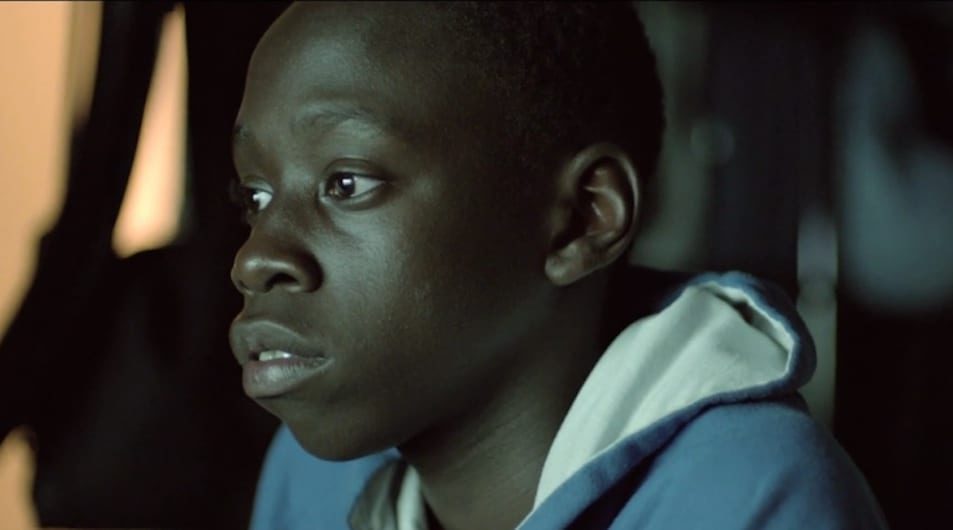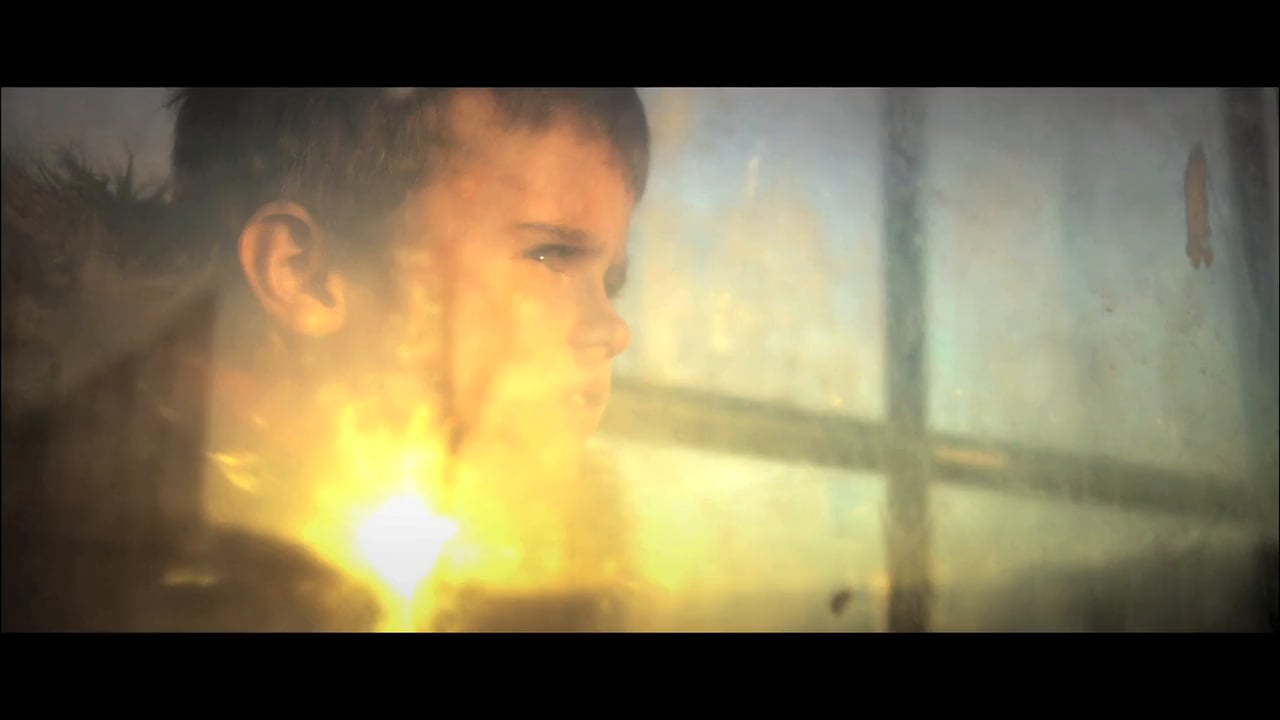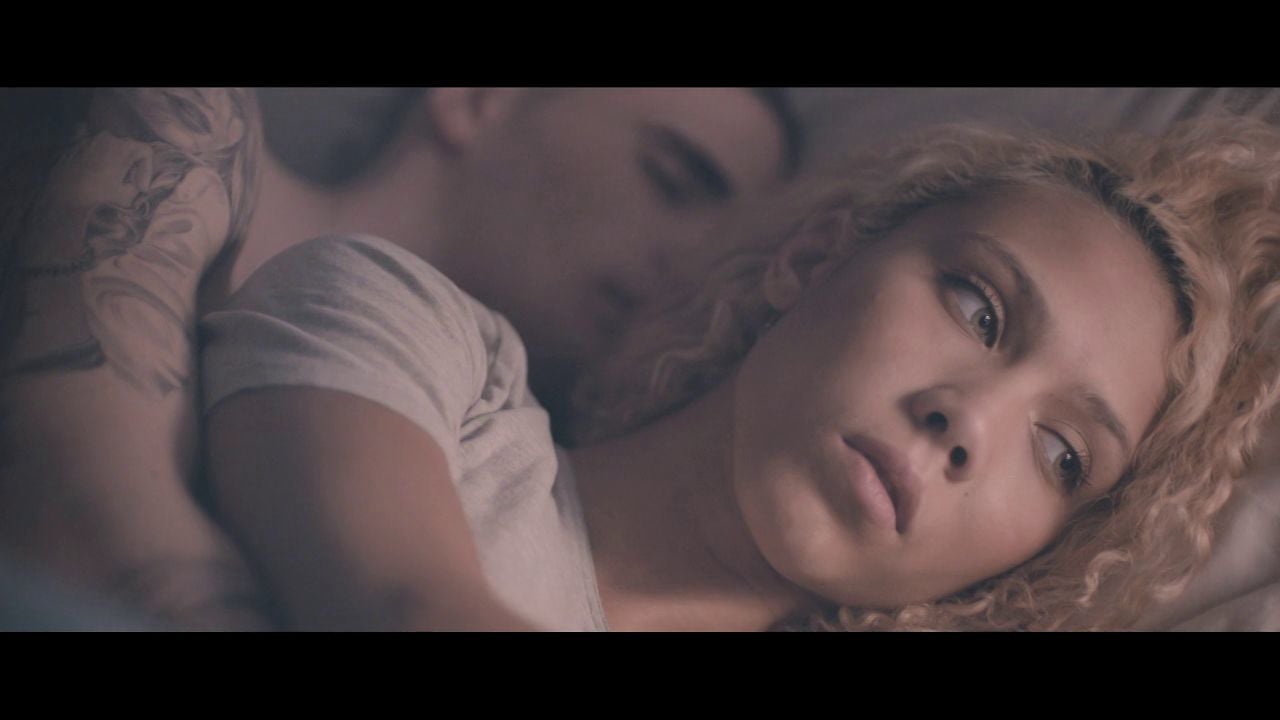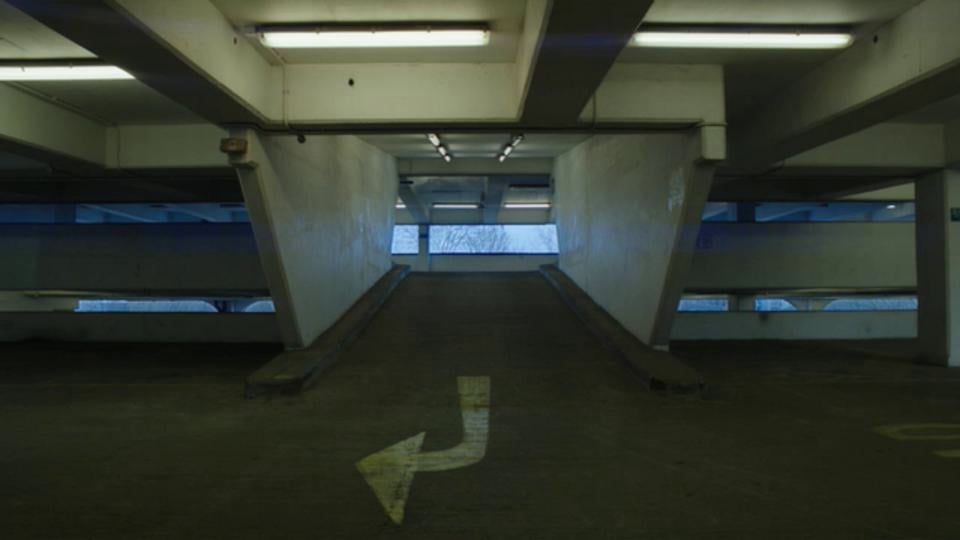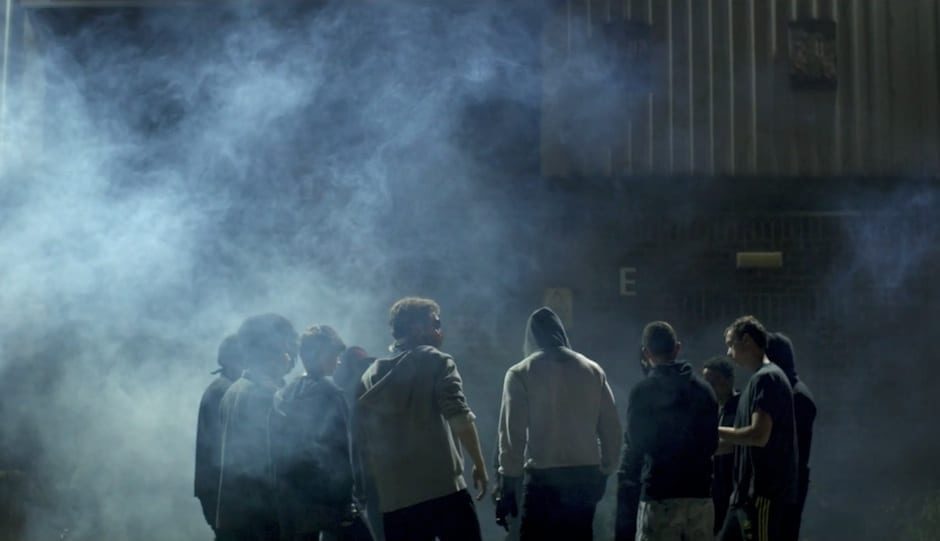One moment you think you’re in Africa and then you are drawn into the English landscape. And yet the story revolves around the emotional lives of youth and the geographical context becomes irrelevant. How did the narrative evolve?
We were interested in the idea of a particular time within an adolescence’s life when their innocence is gradually lost. Exploring a definitive moment when that character’s thoughts shift to a different place.
Where did you find the cast?
We worked closely with a talented casting agent, Kharmel Cochrane, we searched for mainly non-professionals throughout London. The three main characters were cast from a school in South London, on screen they captured a certain charm and charisma that we were searching for but we still couldn’t find the central character. Kharmel suggest Michael Ajao – who was in ‘Attack the Block’ – he had this intense dream-like presence which was perfect for the role.
And the fox?
There was one surreal and slightly melancholy moment when we met the taxidermist who found our dead fox. We found ourselves standing beside an enormous mounted mouse head and Steve, the taxidermist’s dog performing a little dance, as he cradled the dead fox in his arms saying “Beautiful, isn’t he?”
What were challenges of the production and how did you resolved them?
There were constraints, both budget-wise and timing. But the crew were amazing, we filmed in these vast marshlands, so a lot of the people were getting eaten alive by swarms of mosquitoes. It was a small crew so we had a great freedom which was vital when capturing the atmosphere of the group.
Where did you find the wide open spaces?
We shot the piece on the edgelands of East London where it blends into Essex, near where we both grew up. The landscape has a beautiful haunting quality which is completely unique. We shot on one of the hottest days of the year in August just before the Olympics (they were rehearsing the opening ceremony in an adjacent field) on the ARRI Alexa.
What was the creative process – did you storyboard in detail or use a shots list?
There was an initial script but the cast took the script as a starting point and improvised. It was important that it was not only authentic but also had an idiosyncratic feel that created another strange layer to the scenes. Collaborating with our regular DOP David Procter we knew he would react well to improvised scenes, moving intuitively to capture the characters. We didn’t storyboard because we didn’t want to constrain any of the performers as they reacted to the unfolding narrative.
I’ve (Luke, one half of duo) composed all music on our previous films, it’s interesting to have that insight to the mood on set, so when I started to write the score all those tones and stories were subtly weaved into the tracks.
See more work by Institute for Eyes in Related Content
LINKS:
